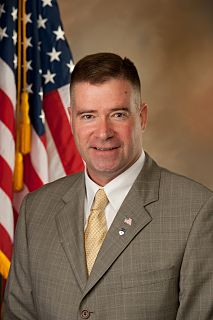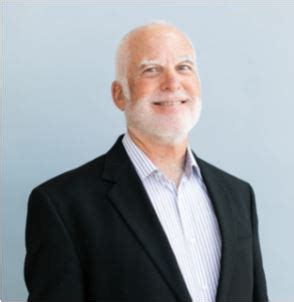A Quote by J. D. Vance
While faith need not be monolithic - it can motivate both voting behavior and character development - focus matters. A Christianity constantly looking for political answers to moral and spiritual problems gives believers an excuse to blame other people when they should be looking in the mirror.
Related Quotes
Material objects give rise to physical happiness, while spiritual development gives rise to mental happiness. Since we experience both physical and mental happiness, we need both material and spiritual development. This is why, for our own good and that of society we need to balance material progress with inner development.
We do not need more material development, we need more spiritual development. We do not need more intellectual power, we need more moral power. We do not need more knowledge, we need more character. We do not need more government, we need more culture. We do not need more law, we need more religion. We do not need more of the things that are seen, we need more of the things that are unseen. It is on that side of life that it is desirable to put the emphasis at the present time. If that side be strengthened, the other side will take care of itself.
The act of writing itself is much like the construction of a mirror made of words. Looking at certain illuminated corners of or cracks within the mirror, the author can see fragments of an objective reality that comprise the physical universe, social communities, political dynamics, and other facets of human existence. Looking in certain other corners of the same mirror, he or she may experience glimpses of a True Self sheltered deftly behind a mask of public proprieties.
What a person says and does in ordinary moments when when no one is looking reveals more about true character than grand actions taken while in the spotlight. Our true character is revealed by normal, consistent, everyday attitudes and behavior, not by self-conscious words or deeds or rare acts of moral courage.
The very fact that faith looks to a power beyond itself means that it is continually subject to loss of control. So if you're looking to get control of all your problems, forget Christianity. If you're looking for success, happiness, or freedom from pain, forget Christ. The way of Christ is the cross, and the cross spells weakness, poverty, failure, death.
Faith is the framework for living. It gives us the spirit and heart that affects everything we do. If gives us hope each day. Faith gives us purpose to right wrongs, to preserve our families, and to teach our children values. Faith gives us conscience to keep us honest, even when nobody is looking. And, faith can change lives; I know first hand, because faith changed mine.
Millennials aren't looking for a hipper Christianity. We're looking for a truer Christianity, a more authentic Christianity. Like every generation before ours and every generation after, we're looking for Jesus-the same Jesus who can be found in the strange places he's always been found: in bread, in wine, in baptism, in the Word, in suffering, in community, and among the least of these.
Believers are often thought of as people who have some kind of private conviction or repudiation of something, whereas "the faithful" refers to a relationship, which was also incidentally the earlier sense of "faith" in premodern, preliberal Christianity. This is not to say, incidentally, that "faith" refers simply to external behavior as opposed to internal belief but that it refers to an act.
I want here to make three suggestions: first, that the doubts the ordinary man feels about religion are justified, and need not be stifled or concealed; second, that there is no ground for the view that Christianity is the only alternative to communism, or that there can be no sound character training that is not based on religion; and, third, I want to make some practical suggestions to the parents who are not believers, on what they should tell the children about God, and what sort of moral training they should give them.



































